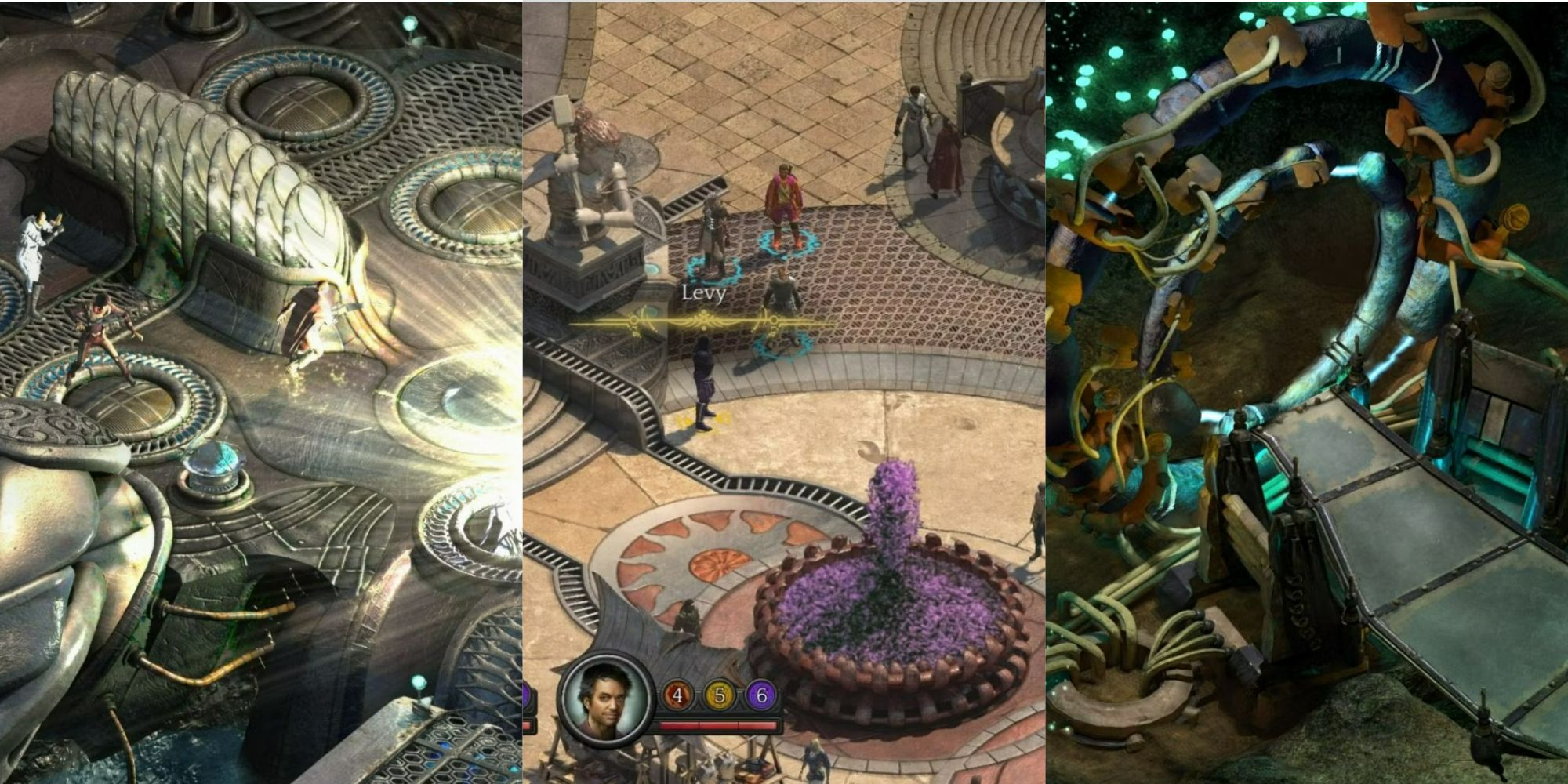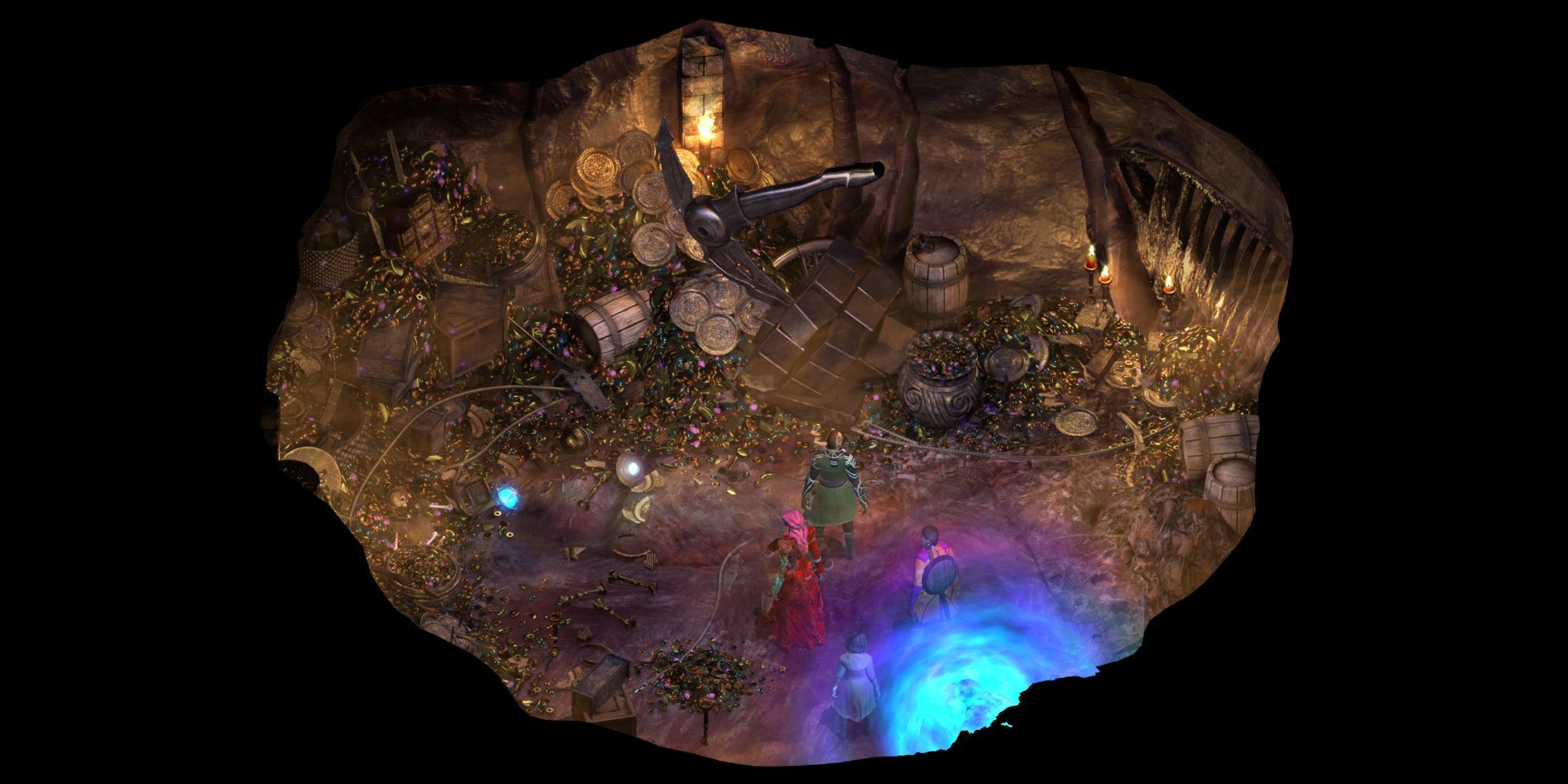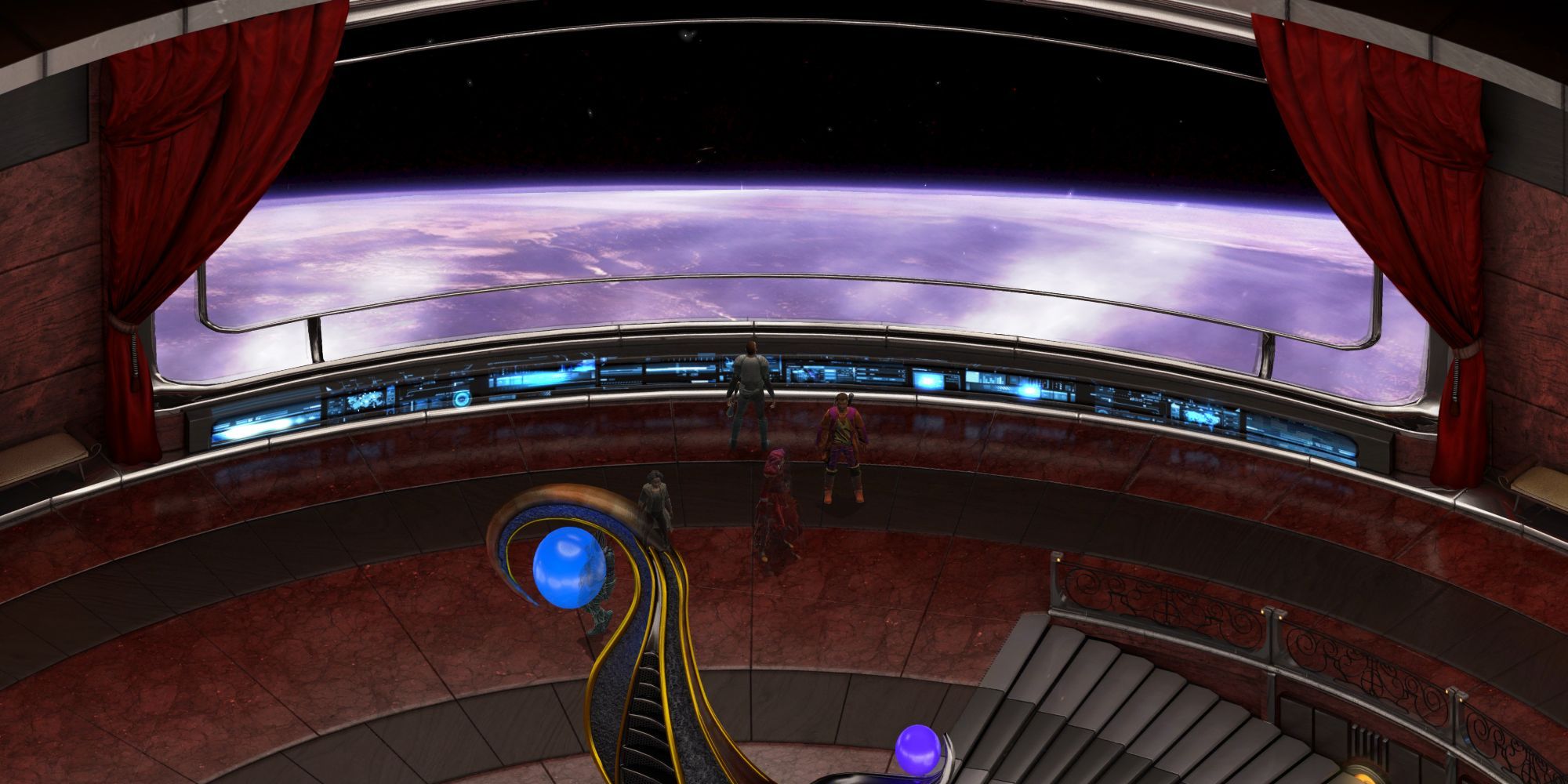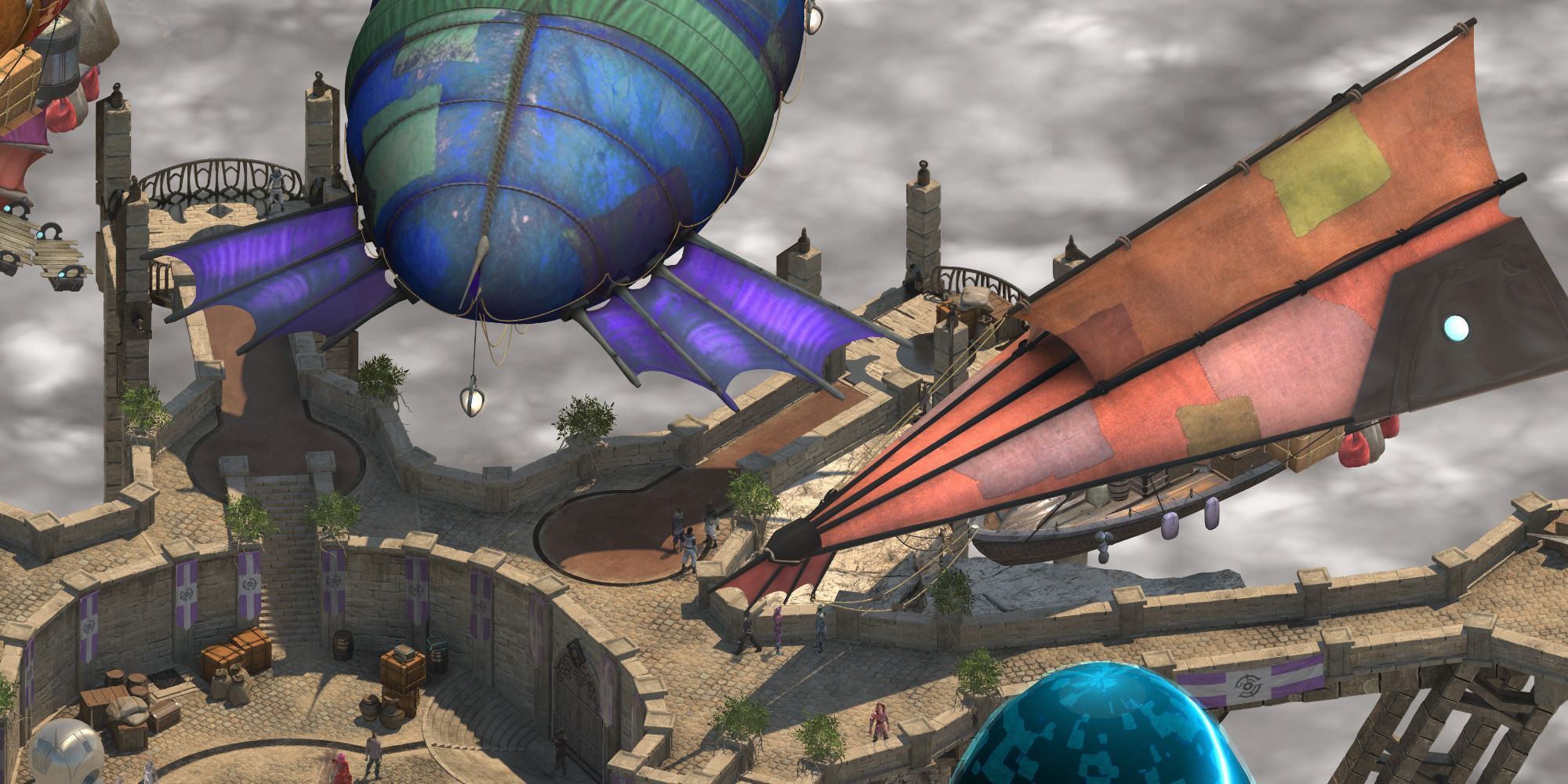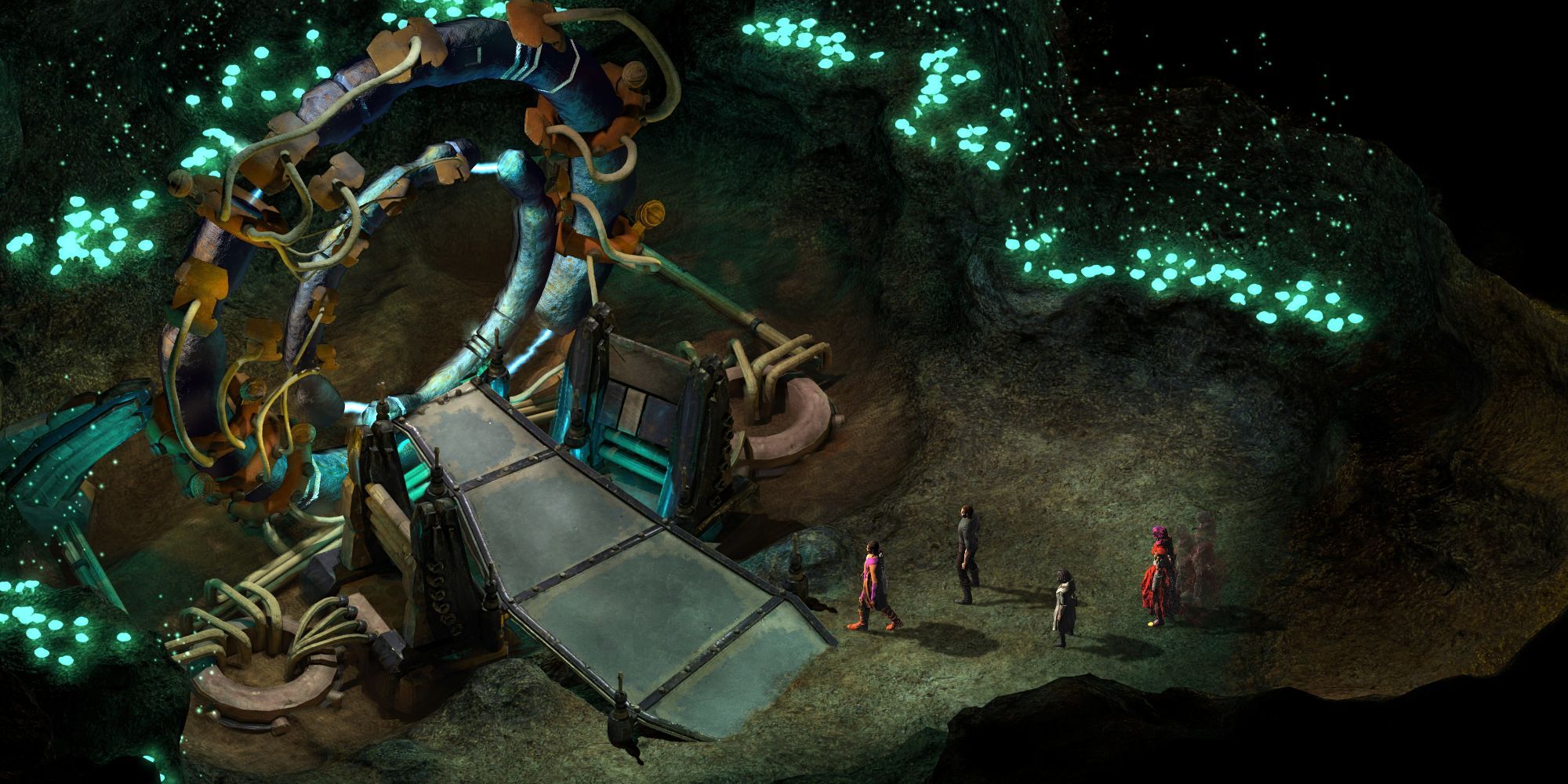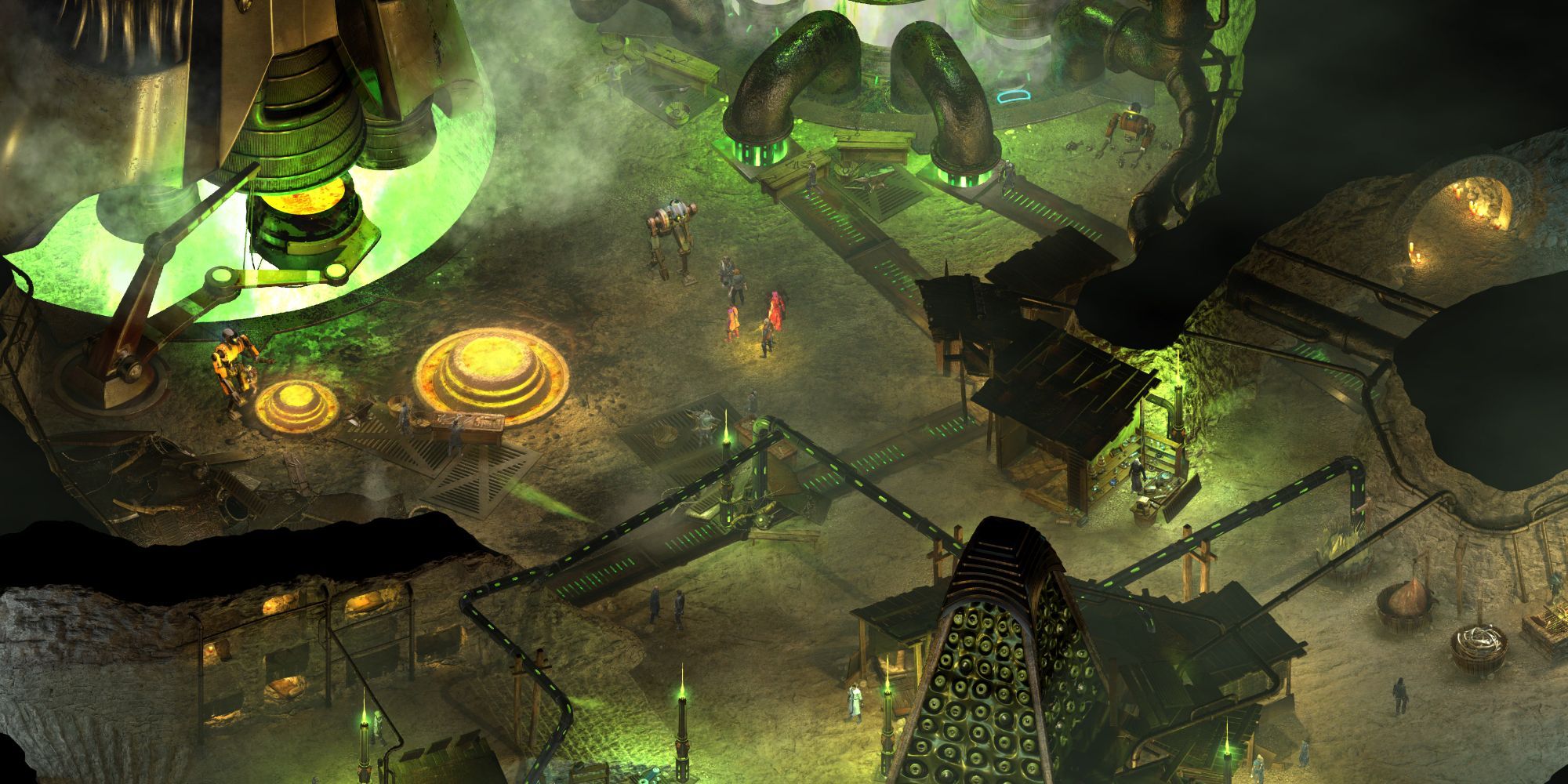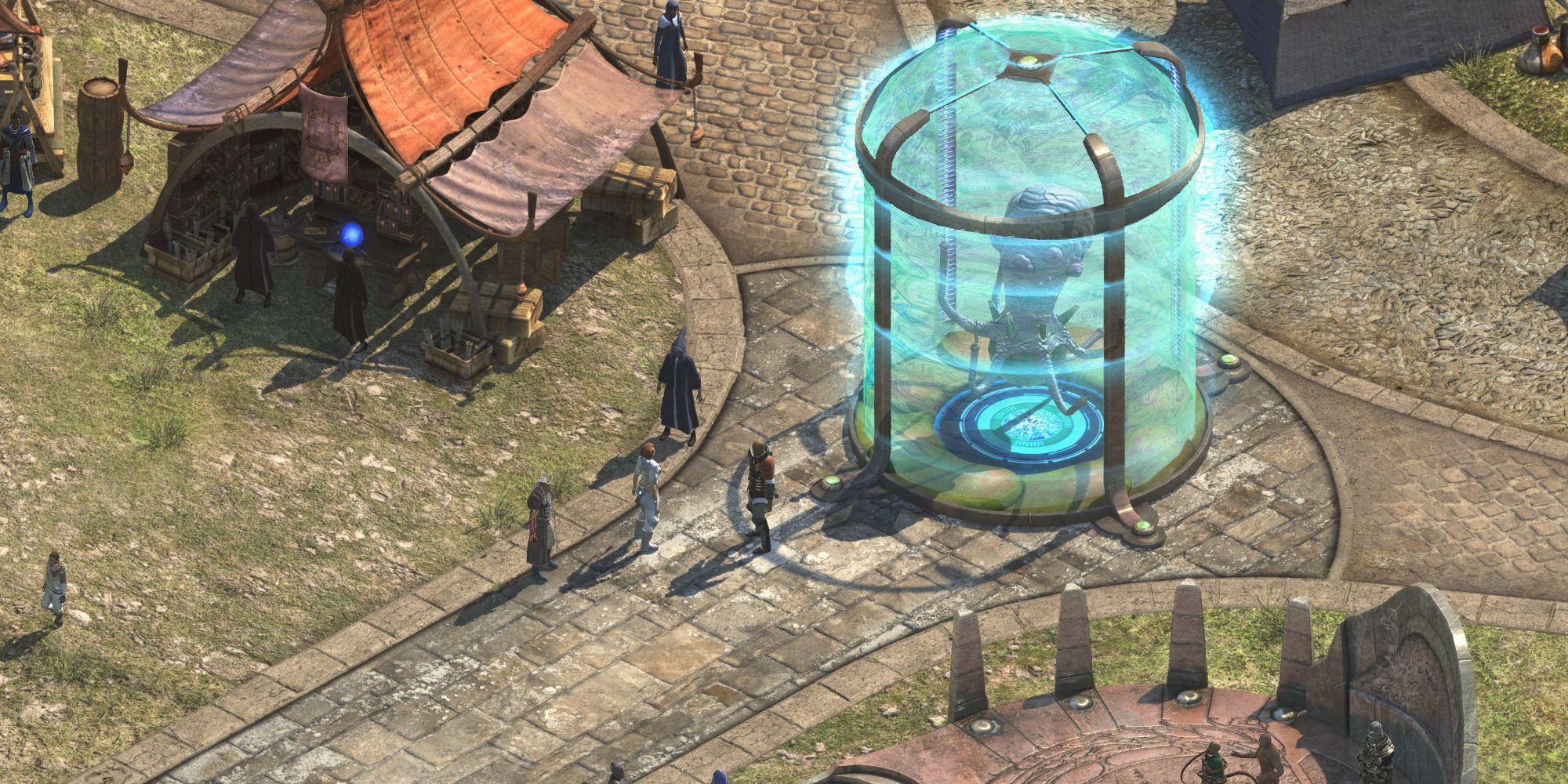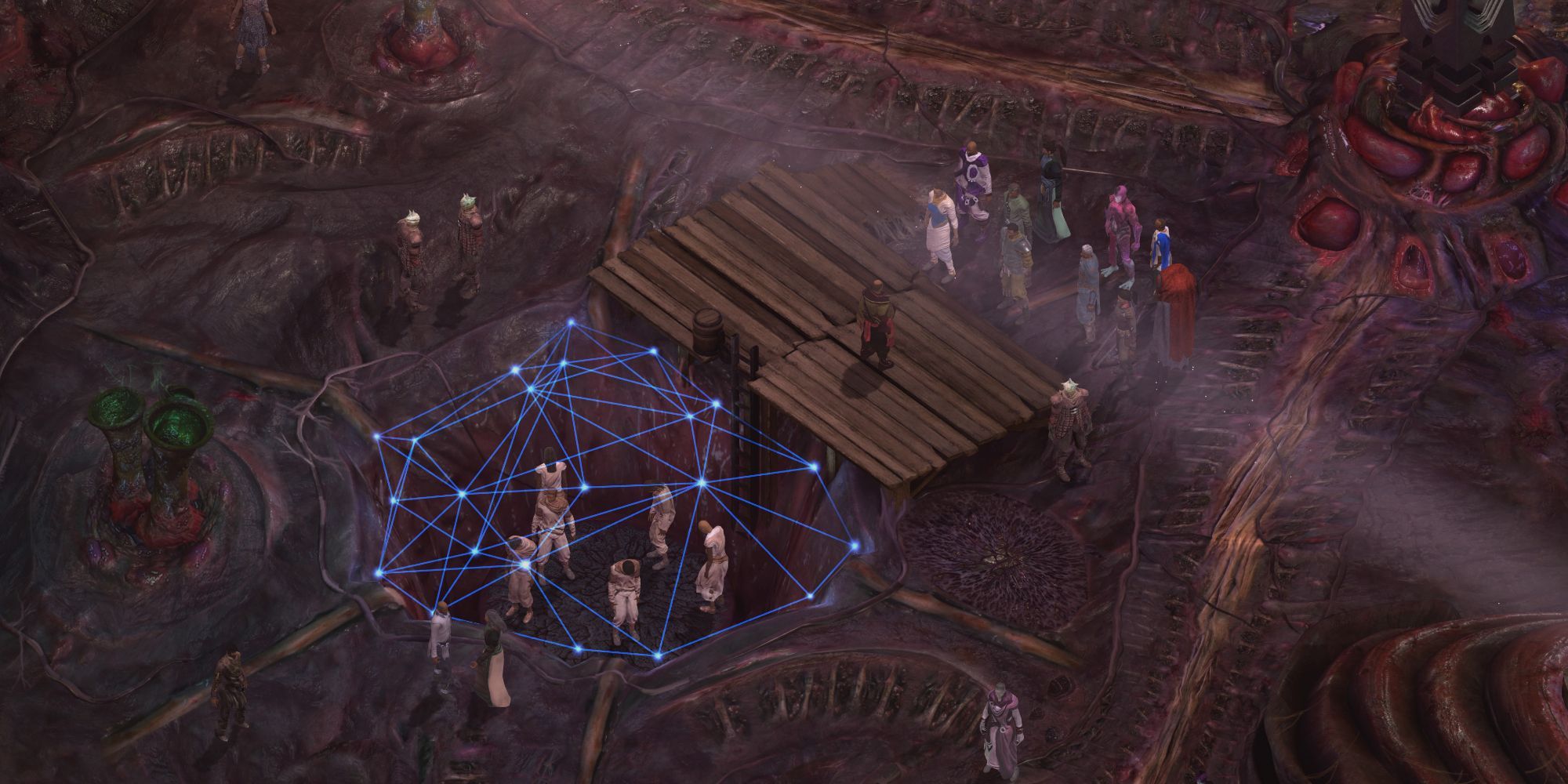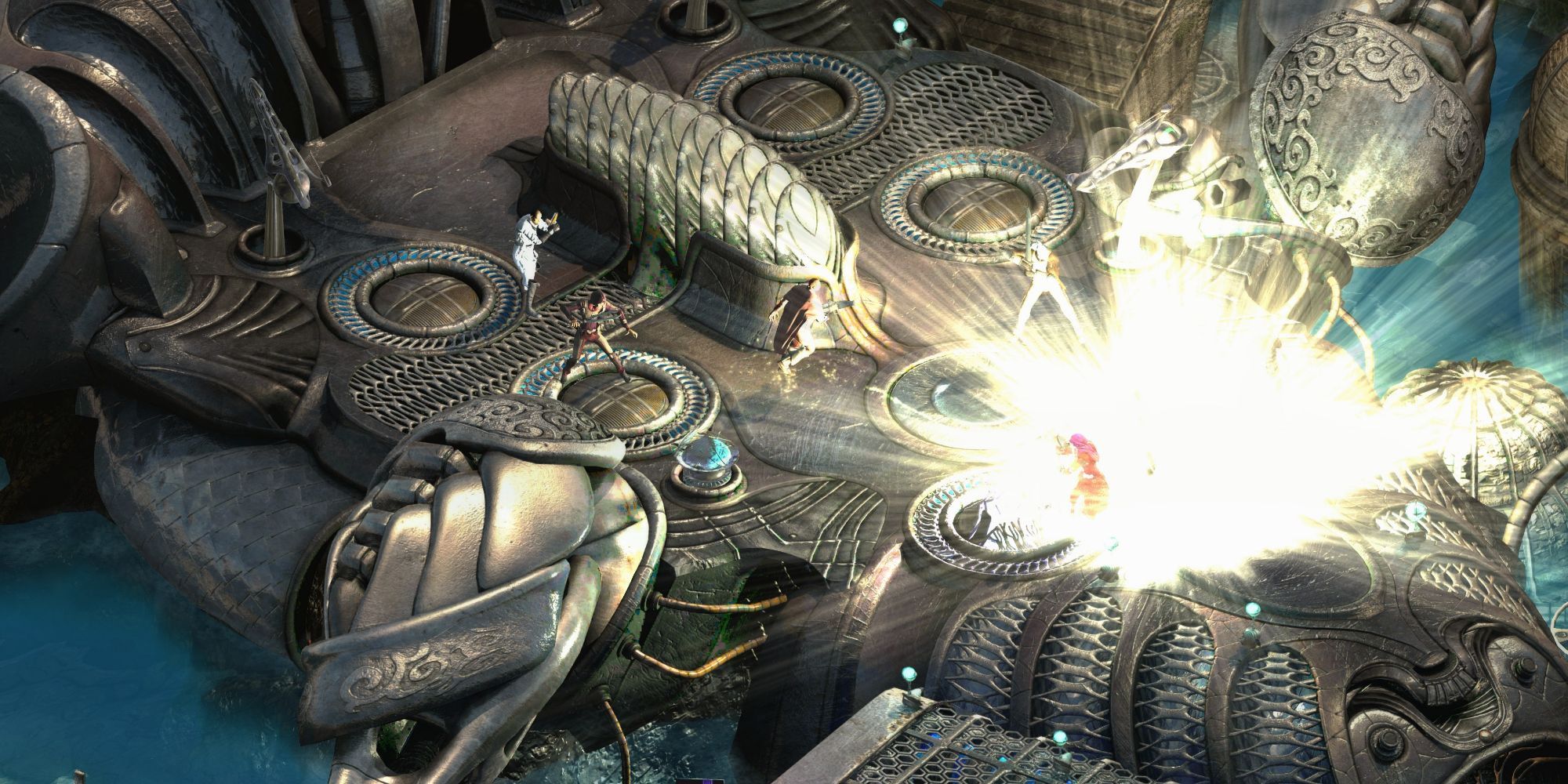Roleplaying games are about stories. That’s what it means to play a role, after all. Some RPGs make the story more of a focus than others, however. In some, frantic battles and the ceaseless grind for better weapons and armor begins to replace character development, world building, and lore.
Torment: Tides of Numenera is the opposite: a game where combat takes a backseat to tell the story of some of the most interesting characters — and certainly one of the most interesting settings — in gaming. Because of that, it’s easy to look at the game’s skill list and wonder which abilities are worth one’s time and points. Even without combat around every corner, having the right skills can make a big difference. Here are some of the best skills in the game.
8 Quick Fingers
One of the best things about Torment: Tides of Numenera is that the game offers players multiple ways to resolve problems and complete quests without resorting to combat. Though there are battles in the game, the player almost always has another way to accomplish the task at hand, often through social interaction or stealth, which can be hard for beginners to get used to.
Yes, Quick Fingers helps the player steal, but it does more than that. This skill allows the player to manipulate intricate devices, snatch otherwise inaccessible items, and do a host of other sneaky things. Ideal for thieves and other seedy characters, Quick Fingers is useful all-around, even shining in moments where one wouldn’t expect it to come up at all.
7 Perception
For some reason, it’s commonplace for some of the most important skills in RPGs to come with the most boring titles. Perception might not sound glamorous, but it’s extremely important for players who want to learn as much about NPCs and the game’s lore as possible, as it gives the player details they never would have gotten otherwise.
Unlike other roleplaying games, Torment: Tides of Numenera is about exploration and discovery far more than it’s about combat. The story always takes precedence, which means that skills that further the story are far more important than those that merely help the player win fights. This is an important tip for beginners since the situation is reversed in most other RPGs.
6 Lore
There are three different lore skills in the game: Lore: Machinery, Lore: Mystical, and Lore: Natural. All of these skills provide the player with specialist knowledge about the world. Where they differ is in their area of specialization. Lore: Natural won’t tell the player anything about a rusted arcane device buried under rubble in some tomb, but Lore: Machinery might.
Like all skills, the three Lore skills can be used to help the player progress through the game’s many quests, but that arguably isn’t their most important function. The Lore skills provide some of the most direct access to, well, the game’s lore. There are plenty of RPGs for people who just want to beat up dragons, but Torment: Tides of Numenera is about telling a deep and engaging story first and foremost, and the Lore skills help players do just that.
5 Intimidation
Social interactions in Torment: Tides of Numenera are complicated affairs. It’s common for exchanges with NPCs to go on for a long time because of how much they have to say and how many directions conversations can branch depending upon the player’s skills.
There are three major skills that directly affect social interaction most of the time: Intimidation is the first. The ability to threaten, bully, and otherwise coerce others is obviously useful in a variety of situations, and while it isn’t a suitable skill for people roleplaying a friendly character, it gets the job done.
4 Deception
The second of the three major social skills in the game, Deception is in many ways the opposite of Intimidation. Whereas Intimidation is about being as big, bad, and obvious as possible in order to impose one’s will, Deception is about manipulating others so that they don’t realize they were used in the first place.
In addition to being an excellent roleplaying skill for those that want to play a fantastic rogue, Deception is tremendously helpful in advancing the story, since Deception skill checks occur frequently. In particular, Deception is perfect for players doing a Red Tide playthrough.
3 Persuasion
The third and last of the major social skills, Persuasion is arguably the “good guy” way to resolve social interactions, since--unlike the other two social skills--it doesn’t involve tricking or bullying the other person, just good old-fashioned charm.
Opportunities to use Persuasion come frequently, and like Intimidation and Deception, Persuasion is extremely effective at resolving interactions in the player’s favor. Which of the three major social skills the player puts points into is largely a matter of roleplaying taste, but investing in at least one of them is important both for fun and success in the game.
2 Concentration
In another RPG Concentration might represent the ability to maintain a spell under pressure, study despite a lack of sleep, or maintain one’s balance while crossing a rickety bridge. In Torment, things are rarely what they seem, so this skill has an altogether different use.
Concentration allows the player to use Bonded Items without penalty. Powerful and rare, Bonded Items bestow new abilities upon the player, aid them in battle, and even buff other skills. Having access to Bonded Items makes characters significantly stronger than they would otherwise be, and for this reason, Concentration is almost always worth taking.
1 Anamnesis
Torment: Tides of Numenera is a strange game, so it’s fitting that it has a strange protagonist. The Last Castoff possesses incredible power but has lost its memories and can only regain them piece by piece. Throughout the game, the player has numerous chances to regain some of these memories by interacting with NPCs, objects, and the environment.
Anamnesis increases the chance of regaining these memories. From a purely mechanical perspective, this is important because succeeding on these skill checks grants the player experience points, and having more experience always helps. More importantly, Anamnesis lets the player reveal far more of the story than they would otherwise, and in a game all about those things that have been lost, forgotten, or hidden, that makes this skill invaluable.
Torment: Tides of Numenera is available for PC, macOS, Linux, PlayStation 4, and Xbox One.

